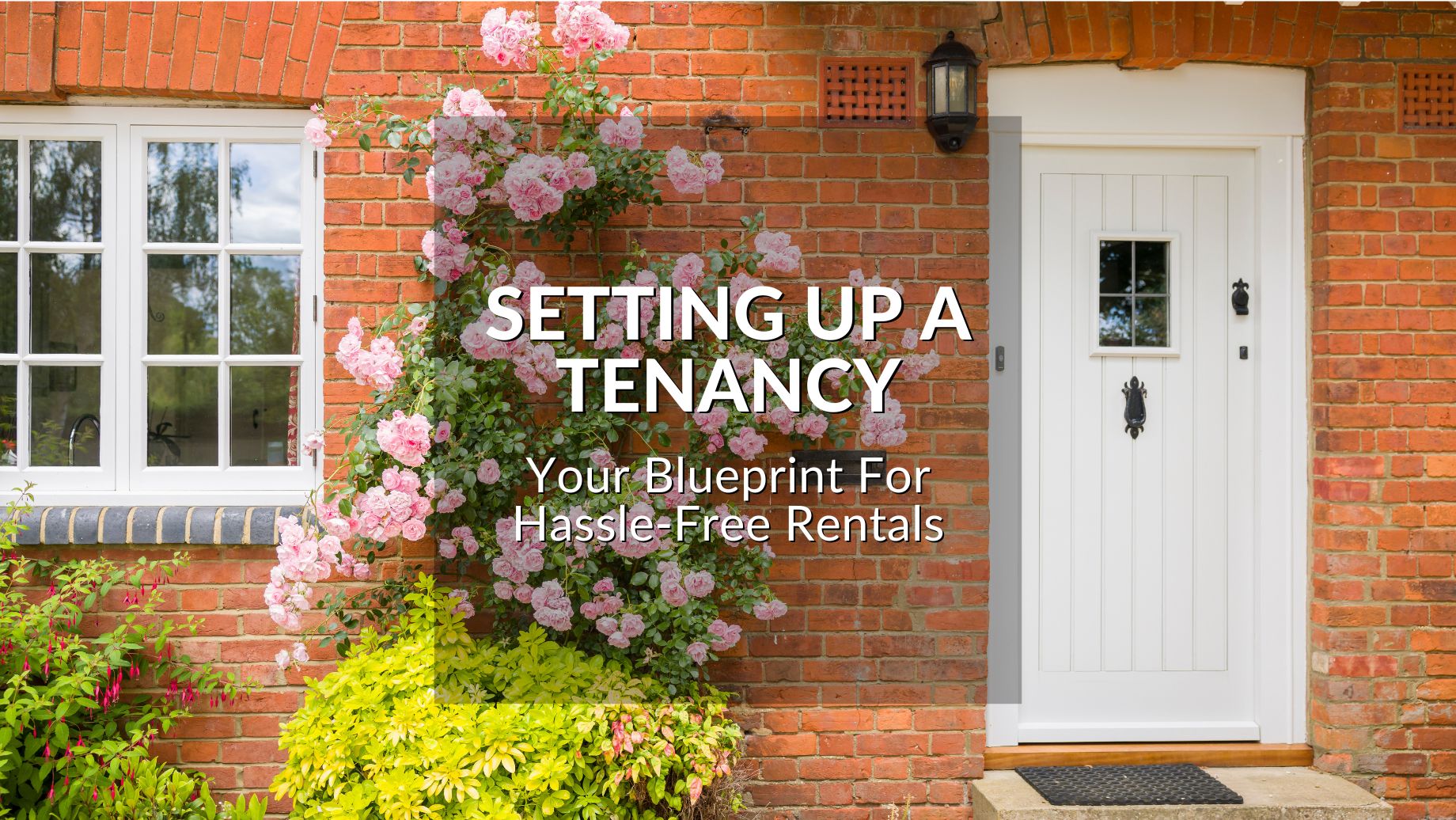Blog
- Details
- Hits: 395
SLASH YOUR BUY-TO-LET EXPENSES TODAY
With mortgage rates at their lowest in years, insurance premiums finally coming down, and new legislation on the horizon, the planets are aligned for a review of your rental property.
It’s your opportunity to slash costs, increase income, and set up your buy-to-let for maximum profitability - not just for now, but for many years to come.
With that in mind, let’s take a look at five key areas where you can get more out of your investment.
- Mortgage deal review
- Insurance audit
- Minimising maintenance costs
- Boosting income and cutting tax
- Valuing your time
A profitable property is a successful one, so let’s get on with finding those hidden savings for an immediate financial refresh and return.
- Details
- Hits: 399
TURN A REGULAR RENTAL INTO A CHIC HIGH-EARNER
Is your rental property truly reaching its full income potential? Or could it be more profitable?
Discerning renters are looking for a sophisticated home lifestyle beyond the bricks and mortar; somewhere that reflects their success with pure comfort and style.
By understanding their expectations, you can create an elevated living experience that transforms a standard buy-to-let into a design-led space, generating years of increased income.
Any rental home can be reframed to attract a different audience, and every postcode has tenants at various income levels, so why not upgrade your target market to the highest one available?
Extra potential isn’t always obvious, and no two properties are the same, so we’ve compiled a list of successful improvements we've seen to give you inspiration for your investment.
So let’s take a look at:
- First-class first impressions
- Elevated interior style
- Upscale kitchens & bathrooms
- Smart and eco upgrades
- Luxury outdoor living
It’s all about irresistible homes that command top-tier rents, and by signalling luxury and attention to detail at every turn, your rental could soon be earning more than you ever thought it would.
- Details
- Hits: 469
BID, BUDGET AND BANK A BUY-TO-LET GEM
Landlords are getting more creative to offset higher taxes with bigger profits, and buying a property at auction can be a brilliant move, offering a unique pathway to greater returns and faster turnarounds.
The viability of a rental property can be massively boosted by reducing your tax liabilities while increasing your allowable expenses, and buying a fixer-upper at auction can tick both those boxes.
However, the very idea of auctions can be a little scary for the uninitiated, despite the obvious benefits.
Traditional auctions flip the buying process on its head. Surveys, mortgage offers and legalities are all completed before you bid; there’s no guarantee of winning, and instant legal commitment if you do.
Modern auctions offer more flexibility, but are still quite different to buying in the regular way, so we’ve put together a handy guide and packed it with info and tips on:
- The advantages of buying at auction
- Becoming an auction whizz
- Auction bidding options
- Fees and terms when buying at auction
- Reducing your renovation costs
If you’ve already seen an auction property in Liverpool that needs some work or is ready to go, give us a call to check the current demand - we may already have tenants we can start lining up.
Meanwhile, let’s explore whether buying at auction could be right for you.
- Details
- Hits: 451
YOUR BLUEPRINT FOR HASSLE-FREE RENTALS
Nothing affects the smooth running of your tenancy more than how you set it up from the start.
Although maintenance and repairs are an inevitable part of owning a rental home, most other tenancy issues can be avoided with the proper preparation.
In fact, whenever we meet landlords in Liverpool with tenancy problems, we can usually trace them back to before their tenant moved in, from marketing to referencing to handing over the keys.
With that in mind, we’ve put together all you need to attract and retain your ideal tenants, get the legals right, and protect your time and investment. So let’s take a look at:
- Getting your rental home ready to rent
- Effective property marketing
- Screening and referencing tenants
- Perfect paperwork and procedures
- Smooth check-ins and regular check-ups
Setting up a tenancy correctly is an intricate and demanding task. But with our guide, you can create a streamlined and confident process for a rewarding and remarkably smooth buy-to-let business.
- Details
- Hits: 450
HOW TO START AND THRIVE AT BUY-TO-LET
Are you thinking about becoming a landlord, but wondering how to go about it given all the recent and upcoming changes in the law?
The buy-to-let landscape is certainly shifting, and as traditional landlords with short-term business models exit, the dwindling supply of homes is driving up rents and creating new opportunities.
These aren’t about quick wins. They’re about building lasting wealth and future financial freedom by establishing a robust and responsible business that provides good-quality rental homes.
If you’re new to landlording, understanding the basics is key to building a successful portfolio, and this guide is packed with tips to build a strong business from the ground up, including:
- Getting Your Finances Right
- Finding the Perfect Investment
- Understanding Your Legal Obligations
- Attracting & Managing Tenants
- Optimising Your Investment & Avoiding Pitfalls
Entering the world of buy-to-let can feel like a big step, but it’s also an exciting one that offers real potential for financial growth, security, and a lot of personal fulfilment, so let’s dive in.









